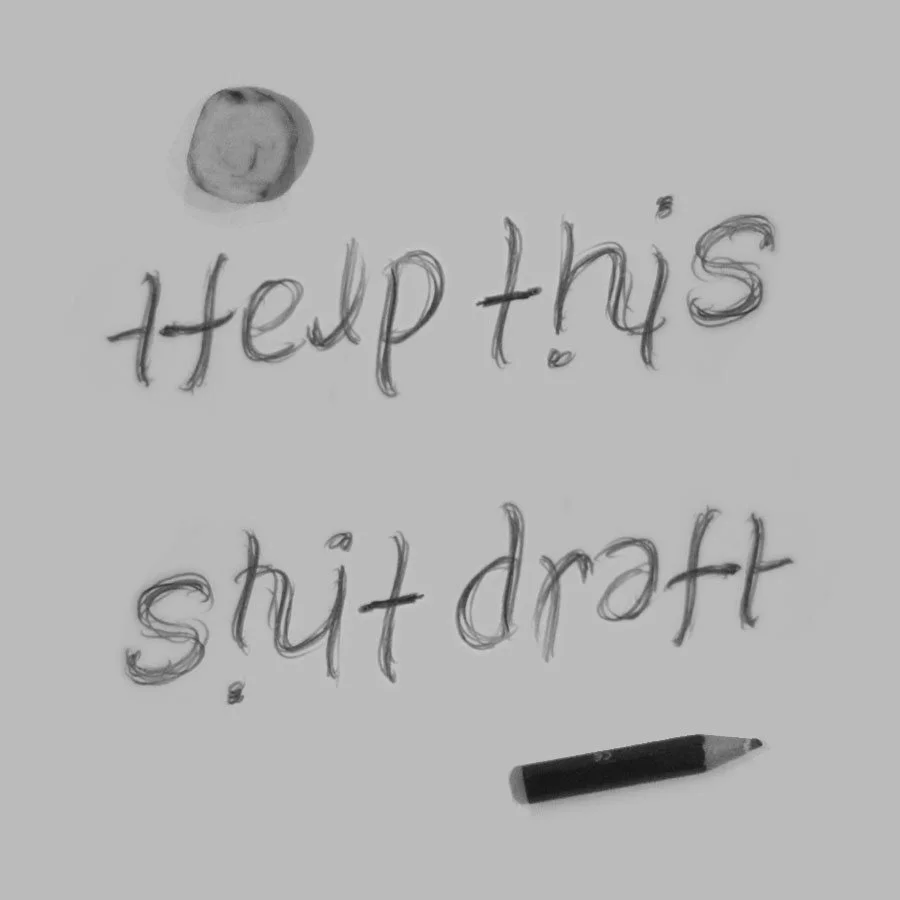It has been a very long time since I last blogged. Working full time and trying to eke out a tiny bit of fiction writing consistently, not to mention all of the other things one must do to be a functional human (who might have a habit of adopting too many pets) with at least semi-flourishing now adult children leaves little time for the blog. But I just wanted to spend a few minutes waxing eloquent on the best podcast on writing ever: The Shit No One Tells You About Writing.
Every week Bianca Marais, Carly Watters and CeCe Lyra truly dish the shit about writing, and by shit, I mean absolutely brilliant truths that are integral to truly understanding the industry, and I’ve learned so much! Where were these women when I was first starting out? I don’t know, but I sure wish I’d had this podcast fifteen years ago. So many mistakes were made (by me!). It would not be my blog if I did not have a list of the most important things I’ve learned:
1. Novel length matters:
I am a consistent long writer and by long, I mean easily over 125,000 words most of the time to give me enough runway to complete the arc of my story. I don’t have a lot of fluff in my plot and my stories are complex. There are many other famous novels out there that are well over 125,000 words, so I thought it was okay. But it’s not. Novels that long by unknown writers are just not likely to get published.
2. Hook, book, cook:
That is Carly and CeCe’s formula for a proper query letter, and you’ll need to listen to the podcast yourself to get the details. I cringe now at some of the query letters I put out into the world, but it’s basically a paragraph with the hook and your comps, a paragraph about the plot, and a paragraph about you the writer. They actually critique query letters on the podcast and provide written notes to subscribers with insanely useful tips.
3. Most people query too early:
Carly and CeCe are really good at pointing out when someone seems to be querying too early before they really know what their book is about, and often observe that a common mistake is to query before the book is truly ready. Bianca often talks about those first novels (or first five novels) that are in a drawer. I know the excitement of finishing a first novel - I wrote this thing and I’m going to make a million dollars (ha!). Maybe for some people, but for most of us, that was our practice novel. My first novel had potential, but I wrote it for an avid audience (okay mostly family) who expected a chapter week. I pantsed it and plot errors got hardwired in, and I became addicted to the thrill of hitting send and having an audience. The podcast has taught me patience. Keep writing, keep editing. Do not hit send too early.
4. Good rejections are actually pretty good:
I actually had an agent when I first started and he pitched my novel to one of the big four (or is it five, I can never keep track), and an editor actually read the full and sent a nice email about why it wasn’t for her. I was devastated, but I literally had no idea how freaking good this was. I’d also received a very nice rejection from a smaller publisher on another novel who said that although some people on their editorial board advocated for it, ultimately they had to pass. The thing is, I’d only sent out like maybe thirty queries to agents or publishers. Even though I knew intellectually that many books are rejected over and over before they find a home, I just didn’t understand enough to know that this was pretty decent progress and that I should just keep at it.
5. It just takes one yes:
Bianca closes the podcast with this statement every episode and it has been so helpful. When I first started writing, I was so excited - I was going to be a writer. Oh yay! That was back when my employer at the time told me that one of our new colleagues had published a novel. I remember staring at him blankly confused as to why a person who’d had a single novel published needed a job at all (Oy!). Then I went to a writing conference where my dreams were quickly and decisively dashed. Most people wouldn’t make it. I got discouraged. Too discouraged. The podcast reminds me weekly that books do get published and agents and editors do fall in love with them.
